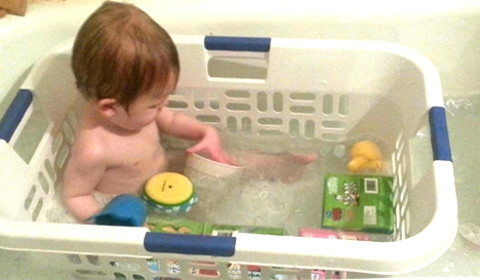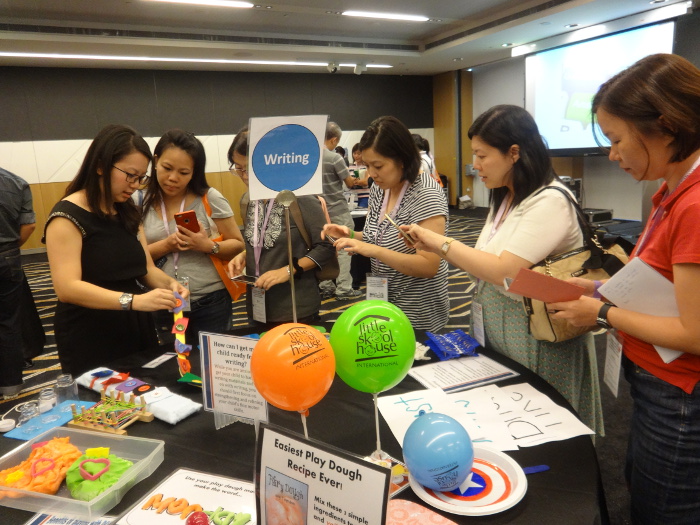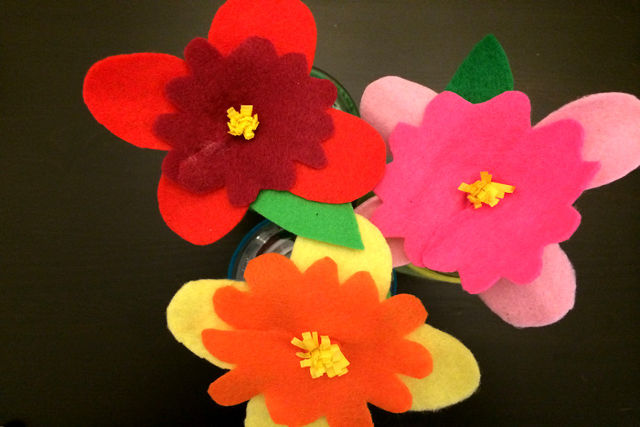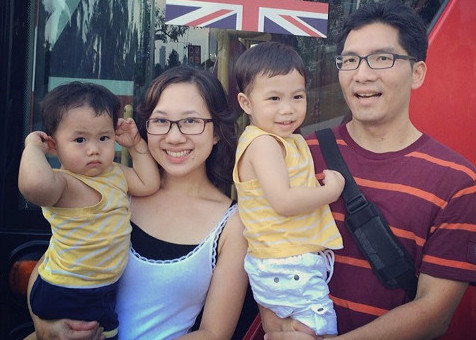While happiness is something that cannot be conjured out of a person, there are certainly ways to create an environment which promotes happiness. All parents want their children to be happy kids. Here are some simple ways which may help.
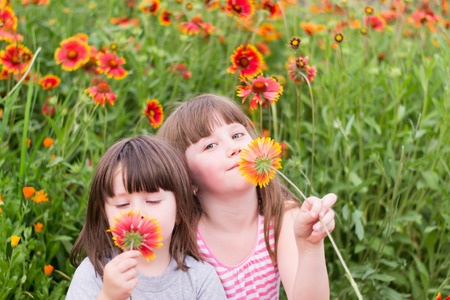
1. Be Connected With Others
Happiness is contagious and is better shared. Link up with other children, be exposed to a variety of safe environments. Go on playdates, get involved in social activities with other children. No secret that having company when having fun ups the happiness meter!
2. Don’t Be Afraid To Be A Kid

Blow bubbles, roar like a lion, sing, dance, explore together. Let your imagination run! Our children do not care and would not remember that we are not expert dancers or if we don’t hit the right notes. Instead, they will remember the laughter and the times spent together.
3. See The Person, Not The Accomplishment
It is very easy to judge a person with what the person has achieved. Remember to see the child for who she is and not what she can or cannot do. Of course, we want our children to be successful, but not for them to be defined by it.
4. Get Involved In The Things They Enjoy

Give her the choice of an activity she wants you to do with her. Let her choose the place for that weekly outing you have. Dedicate time to spend together. Some parents go on dates with their children – this is indeed precious bonding time. Your child will be happy to have that attention and you all to herself.
5. See Things From Their Perspective
Seeing things from the viewpoint of the younger ones help parents to better understand how they may feel or think in certain situations. This makes for better and more effective communication. Sometimes parents do (subconsciously?) ‘put down’ their children in public or when conversing with other parents.
Being sensitive to how these may be interpreted by your child will shape how we communicate and protect them from being unnecessarily hurt. Building self-esteem in our children indirectly lays the foundation for happiness. A child with poor self-esteem will find it much harder to be happy when he or she cannot even be happy with himself or herself.
6. Create A Family Mission Statement

Come up with a common mission statement as a family. Get the children involved in contributing their ideas and values. Decide together as a family how this mission statement will be recorded and how everyone can work together as a team to achieve it. Inspiration and teamwork are motivators to happiness.
7. Balance Praise And Criticism
The young ones are trying to establish their identity in a wildly competitive world. It’s not easy for us adults, it’s definitely harder for children. Certainly, there are behaviours which we may have to point out and correct; this can be done in a constructive way. An affirmation can be given with each little step or progress made. The Rule of Five is a handy reminder – if you find yourself quite critical, try to balance each negative comment made with five positive ones.
⇒ Related Read: The Right Ways to Praise Your Child
8. Embrace The Mess
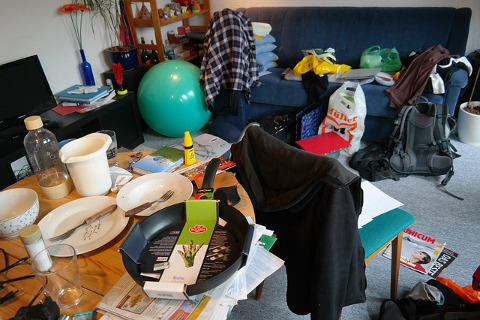
With young children, mess and unpredictability are hallmarks of the home. Once this fact is accepted, there will be less frustration whenever things don’t go according to plan, food is scattered on the floor every few minutes, there’s milk stains everywhere and the ever-dirty clothes.
Too often small moments are missed by these distractions. Resist the urge to clean up the floor and take time to celebrate the progress in the tot’s self-feeding. Enjoy finger painting, there’s always time to clean up that wall together afterwards. These are happy messes!
9. Cultivate A Grateful Heart
Helping our children to be thankful for the little things in their daily lives nurtures optimism and contentment. This can be done in a fun way such as using a small white marker board with cool markers, stickers or magnets.
⇒ Related Read: Raising Generous Kids
10. Convey Appreciation And Love
Expressing love and appreciation for our children may seem so fundamental. For some families, these are often taken as understood and thus unspoken and some families are naturally less affectionate in culture. There are different ways to convey love and appreciation. These can be verbal, doing small things for the children, hugs or spending time with them.
What greater joy do children have to know that they are loved, worth spending time with and being accepted for who they are.
By Som Yew Ya.
If you find this article useful, do click Like and Share at the bottom of the post, thank you.
Like what you see here? Get parenting tips and stories straight to your inbox! Join our mailing list here.



































